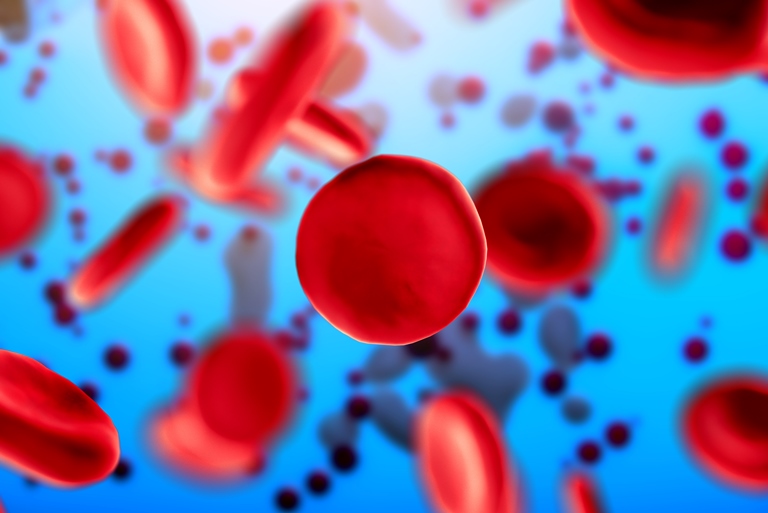
Blood disorders are diseases that affect one of the components of blood — red blood cells (which carry oxygen), white blood cells (which fight infections), or platelets (which help the blood clot). Some blood disorders can also affect the liquid portion of blood, called plasma.
Scientists have developed some incredible new treatments for blood disorders in recent years. Many of these treatments rely on cord blood stem cells or bone marrow stem cells. This article will take closer look at the most common types of blood disorders and share details of some ground breaking stem cell research projects.
Common types of blood disorders
A blood disorder is defined as a condition that impacts one or more components of the blood or prevents blood from working correctly in the body. Some blood disorders will decrease the prevalence of a specific blood component, while others will increase it. The following categories are used to describe the blood disorders that decrease a specific blood component:
- Anaemia
These disorders decrease the number of functional red blood cells - Leukopenia
These disorders decrease the number of functional white blood cells - Thrombocytopenia
These disorders decrease the number of platelets in the blood
The following categories are used to describe the blood disorders that increase a specific blood component:
- Erythrocytosis
This condition increases the number of red blood cells in the blood - Leukocytosis
This condition increases the number of white blood cells in the blood - Thrombocythemia or Thrombocytosis
This condition increases the number of platelets cells in the blood
White blood cell disorders
White blood cells help the body fight infection and are an important part of the immune system. They are created in the bone marrow and develop into a variety of cell types that play different roles in the immune system, including lymphocytes, neutrophils, monocytes, and basophils.
Blood disorders that affect white blood cells may effect a specific type of white blood cell, or all cells. Proliferative disorders will flood the body with white blood cells, which are sometimes malformed or immature. Having too many white blood cells in the blood can lead to some serious symptoms.
Common white blood cell disorders include:
- Lymphoma
- Leukaemia
- Myeloma
Red blood cell disorders
Anaemias are amongst the most common form of red blood disorders. They occur when the body does not produce enough healthy red cells to carry oxygen throughout the body. Anaemias can be caused by both genetic and environmental factors. Common types of anaemia including:
- Iron-deficiency anaemia
- Sickle cell anaemia
- Inherited hemolytic anemias
- Vitamin deficiency anaemia
- Aplastic anaemias
Platelet disorders
Platelet disorders can make it difficult for the blood to clot. This is a potentially dangerous condition if a person is involved in an accident and cut themselves. The most common forms of platelet disorders are Hemophilia and Von Willebrand disease.
Current stem cell research projects
Many of the conditions listed in this article can already be treated using stem cells. With blood disorders like leukaemia and lymphoma, this involves usually involves high dose treatments of chemotherapy to destroy the mutated cells in the bone marrow, followed by a stem cell transplant to re-establish the body’s ability to produce healthy blood cells.
There are dozens of research projects currently underway, which are attempting to find cures for other blood disorders. One of the blood disorders which is the focus on current research is sickle cell anaemia. It is an inherited blood disorder that results from a genetic abnormality in the haemoglobin-producing genes.
Early clinical trials showed that a transplant of haematopoietic stem cells can cure this condition. However, additional trials are required to confirm the safety and efficacy of the treatment. You can read more about these trials in our latest Clinical Update PDF. This document details some of the ground breaking research projects that are using stem cells to treat blood disorders.
Sources
https://www.urmc.rochester.edu/encyclopedia/content.aspx?ContentID=35&ContentTypeID=160
https://www.health24.com/Medical/Anaemia/Overview/Anaemia-20130216-3
{{cta(‘d62560c2-336a-4f88-9683-44a37a5bd7fd’)}}


